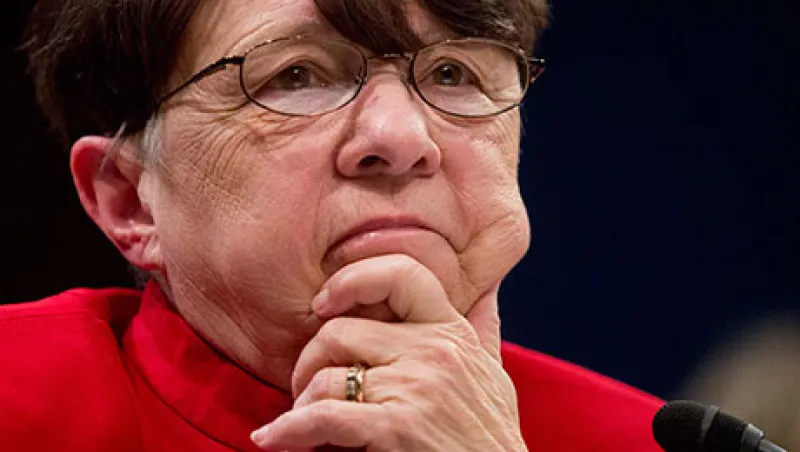
Mary Jo White’s Support Nudges Fiduciary Standard Forward
The SEC Chief says she favors a standard that covers all retirement plan advisers. Plan sponsors are hopeful, despite the difficult politics.
Frances Denmark
March 25, 2015


